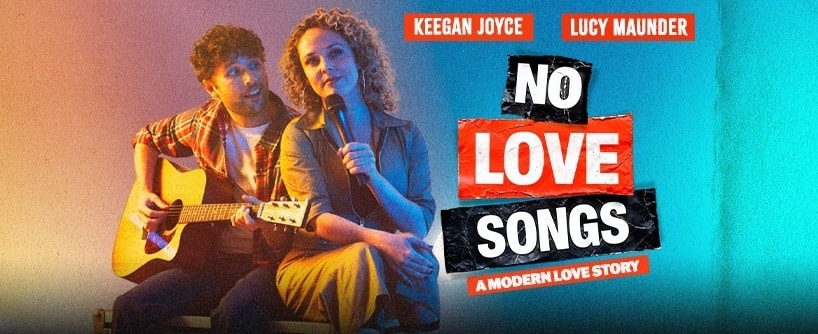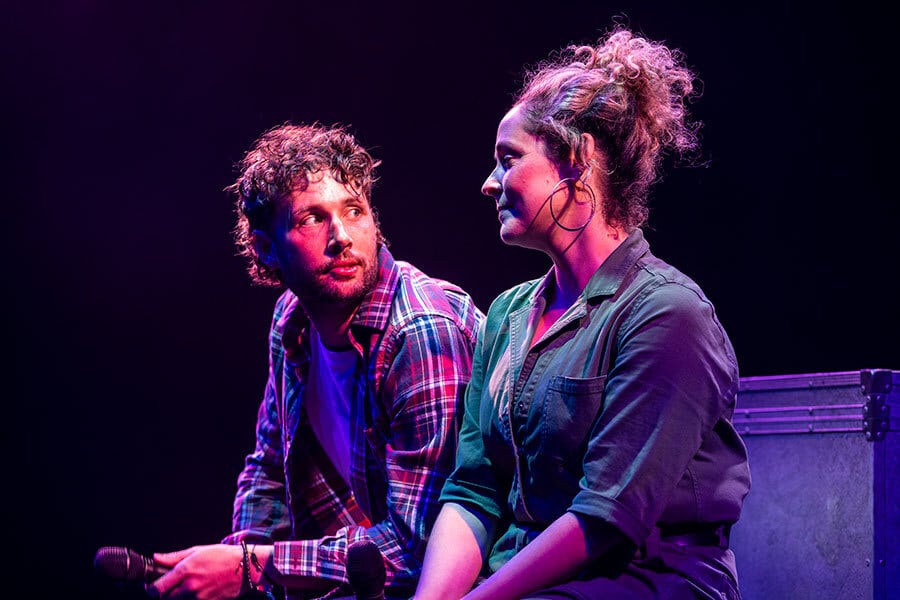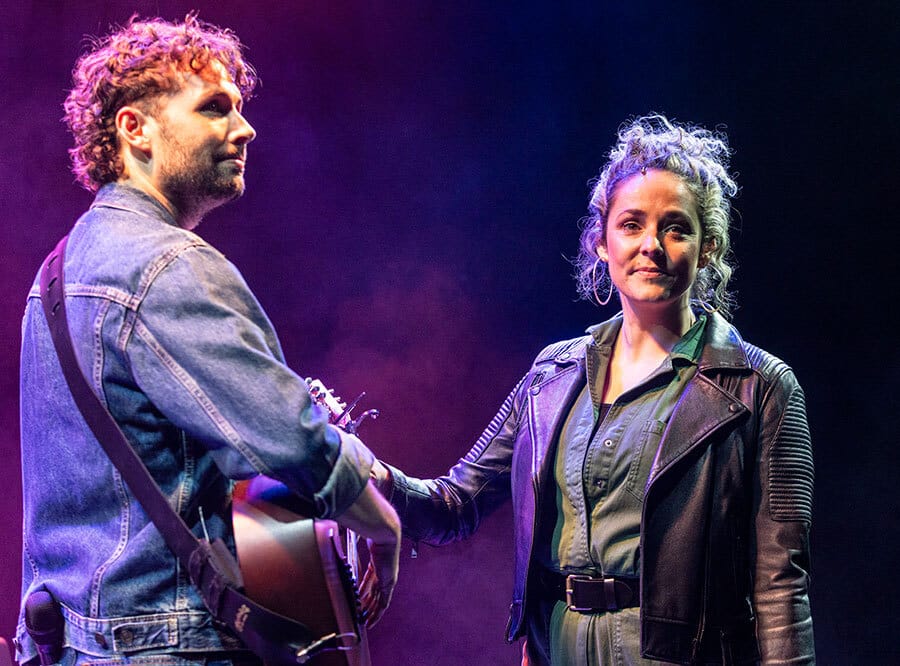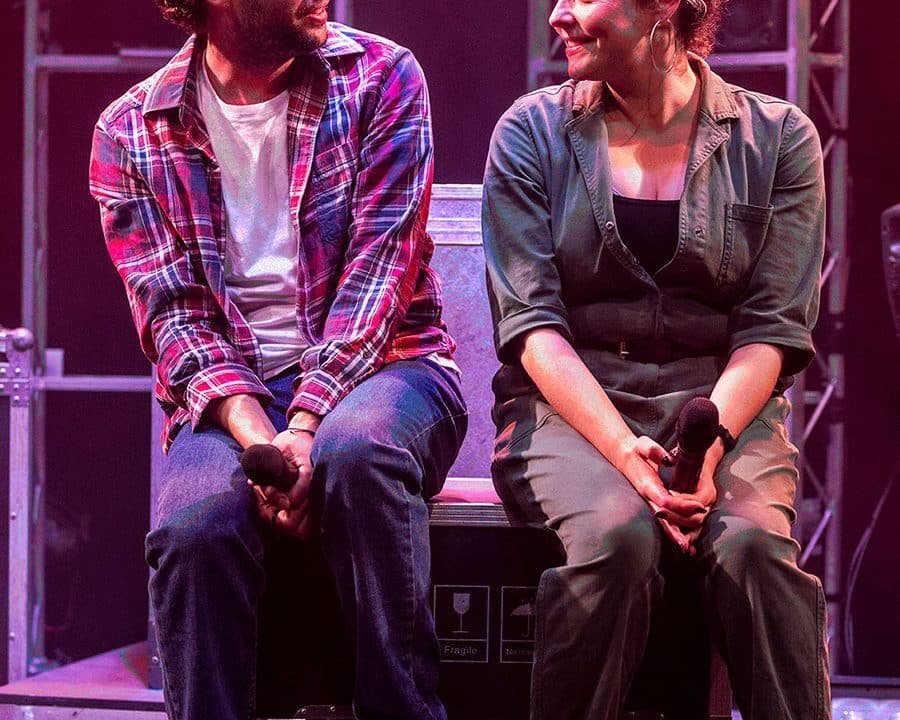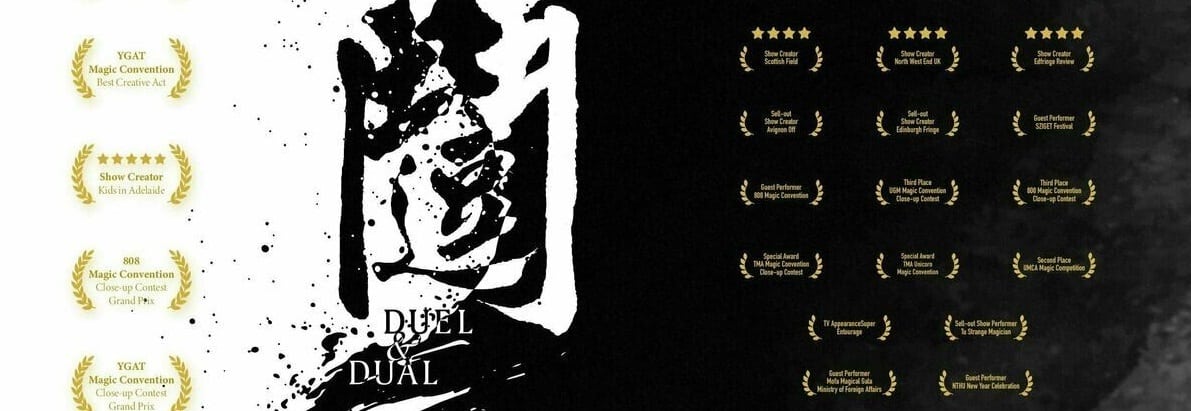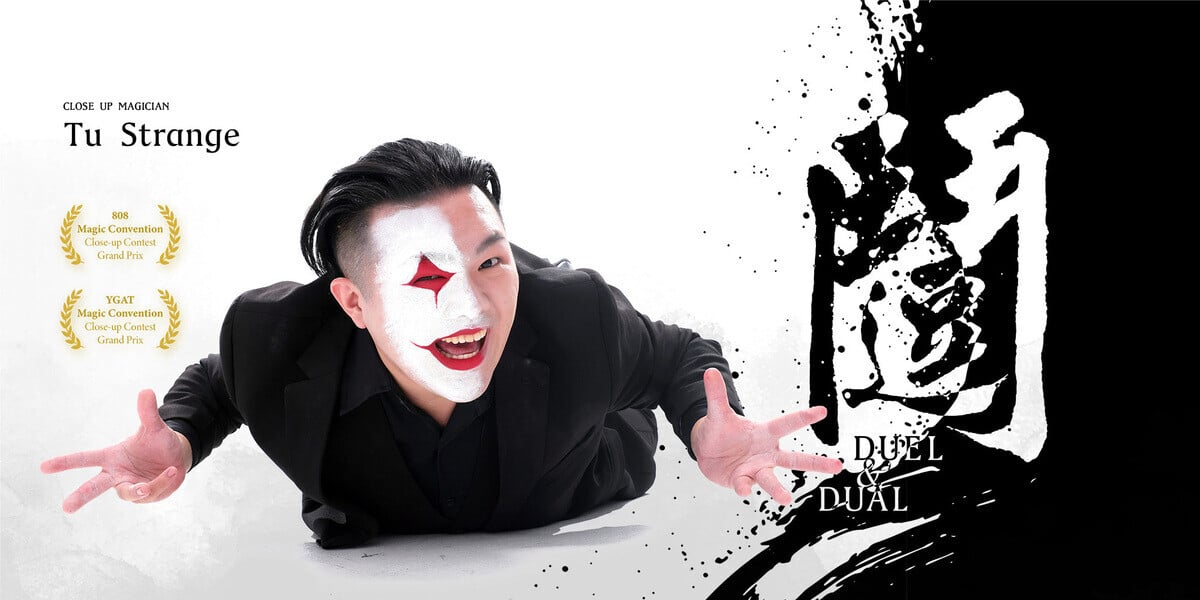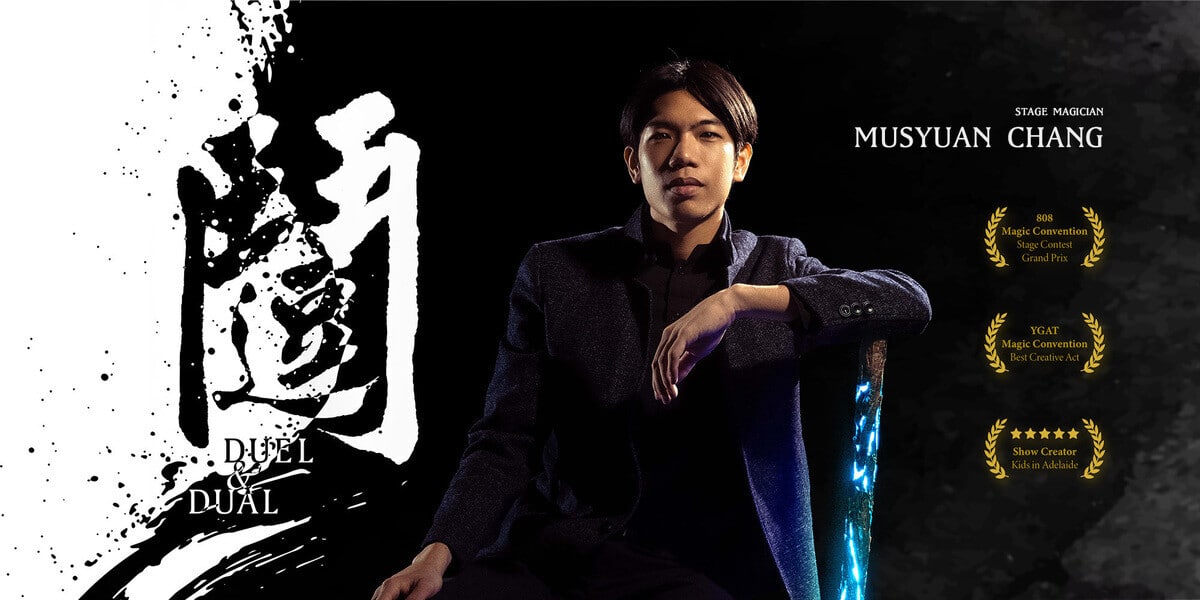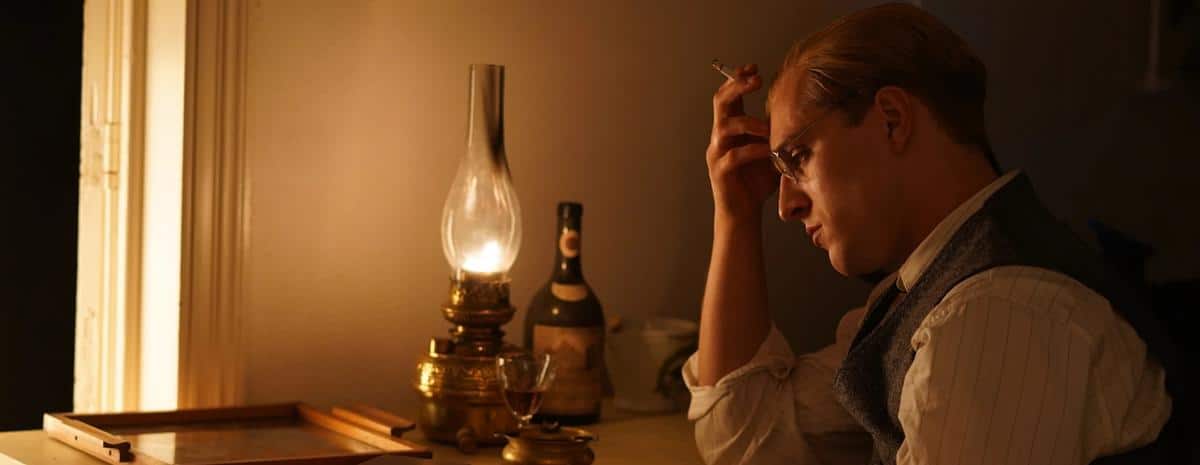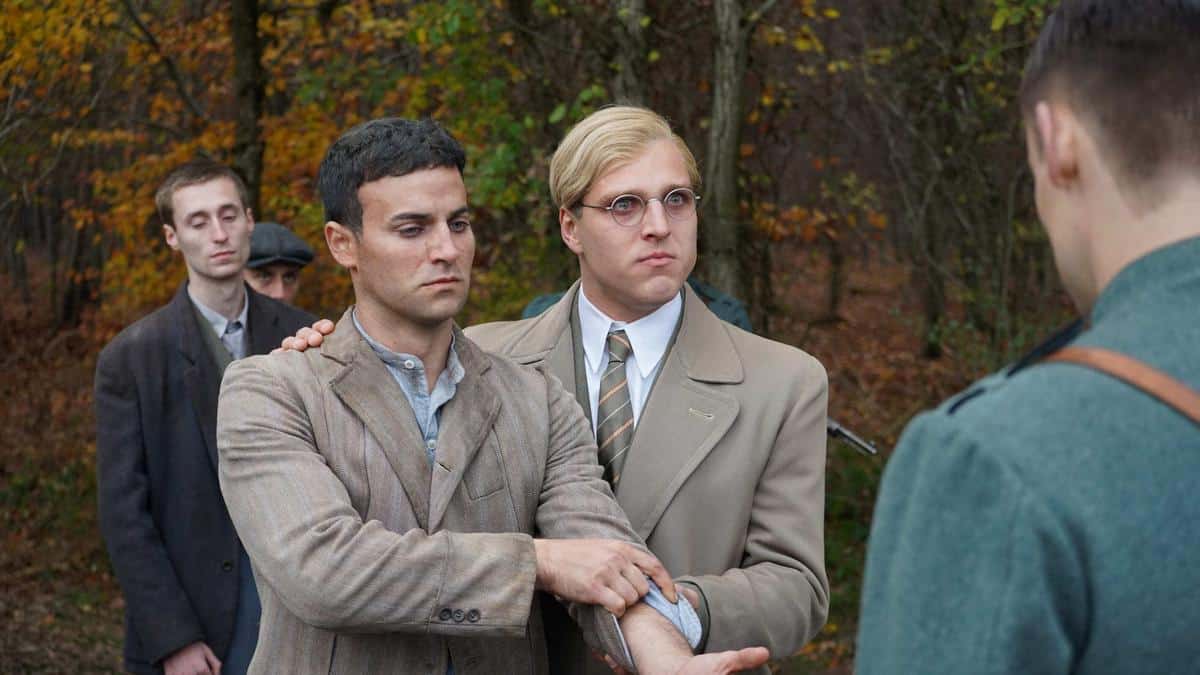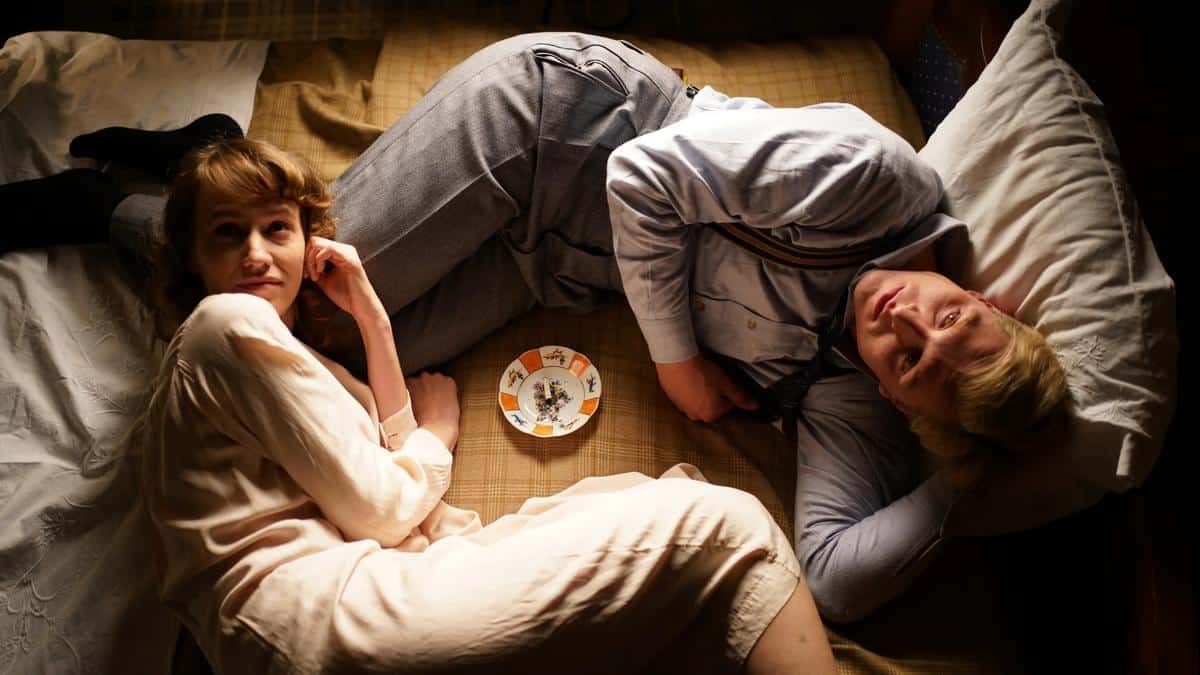Uma Dobia presents this performance as a fun and interactive opportunity to educate the audience on the perils of what it is like to be a female within the world of opera.
Despite her obvious love and clear depth of knowledge of opera, this diva soprano damsel in distress openly blames opera for the docile and tragic stereotypical female roles within this art form. Setting out to set the record straight by influencing the audience about the distaste she has for this long-held ‘norm, ’ Dobia and her accompanying pianist ‘Carol’ start a nonsensical game show that is inclusive of unsuspecting audience members as they become part of the onstage entertainment.
Costumed in a racy red jumpsuit and knee-high sparkling silver stiletto boots (very impressed and left wanting some of my own), Dobia acts as the gameshow’s host for the evening’s frivolity, spinning the wheel for the adults only styled entertainment.
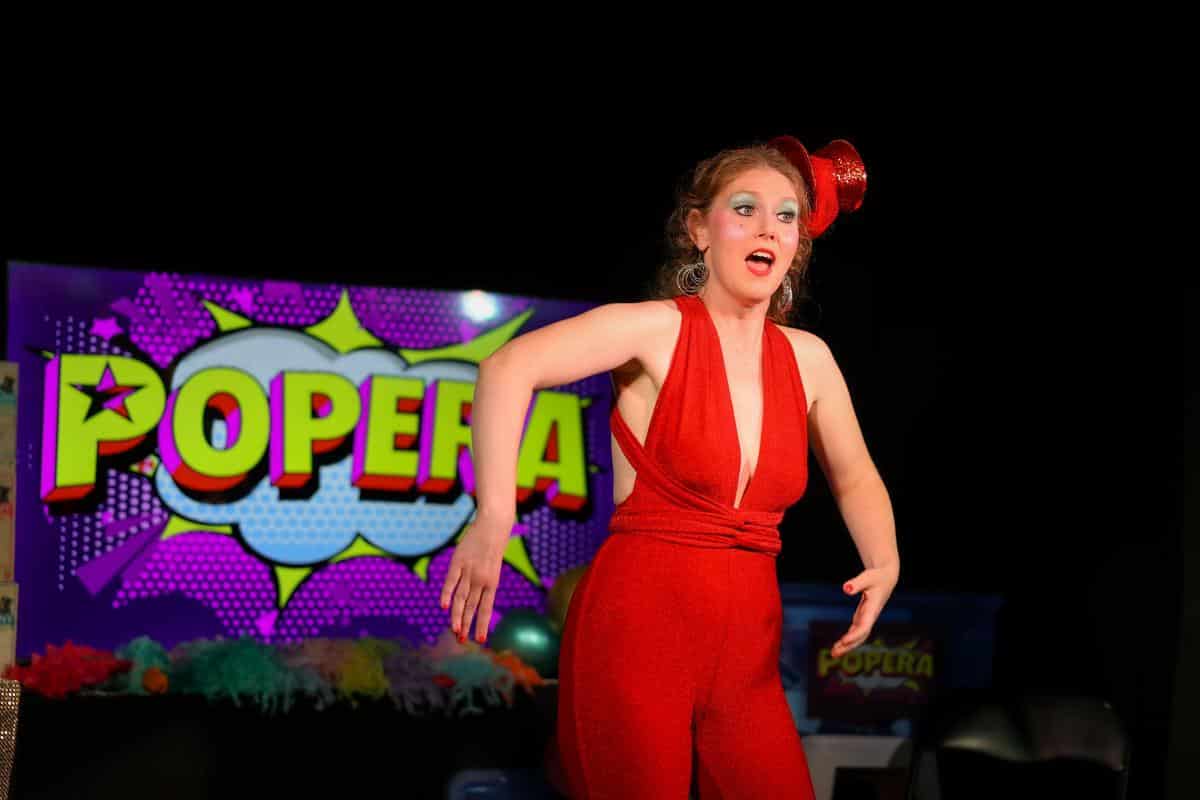

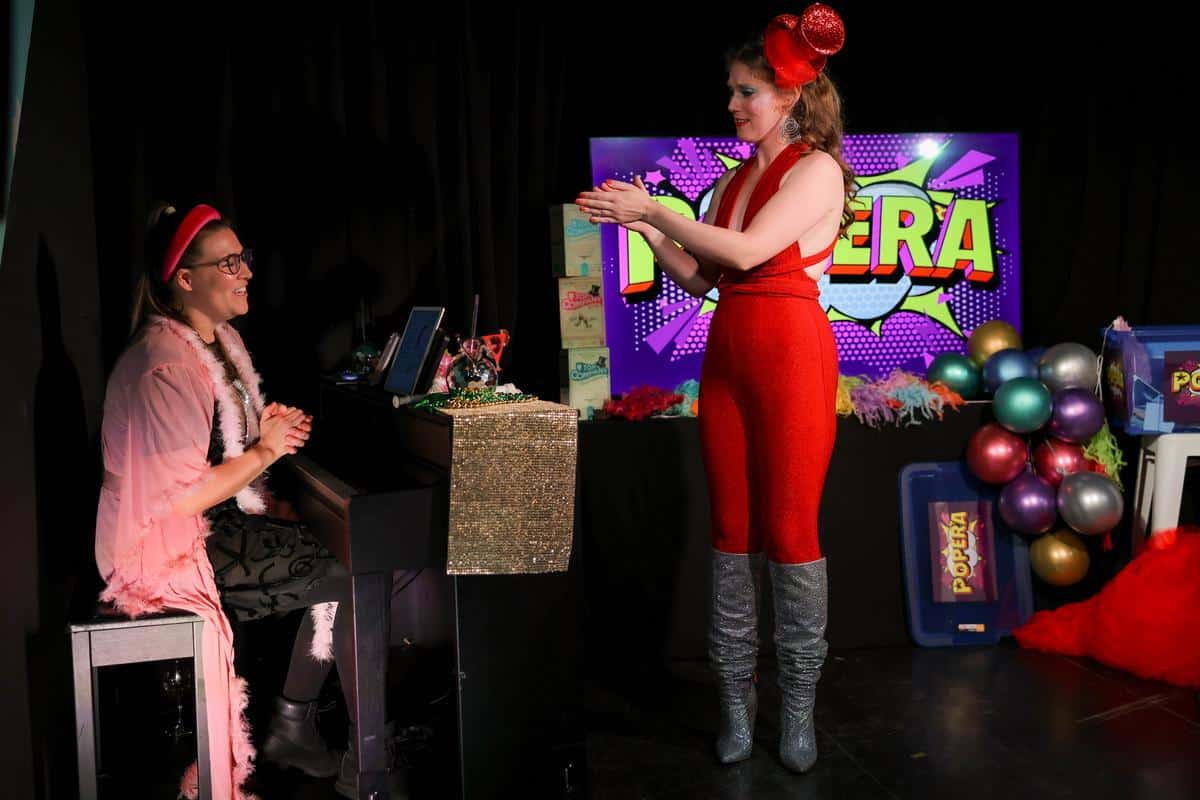
After her assistant and heart throb Trevor left her high and dry, which the audience learns about via a video message left by said assistant, Dobia takes charge of the stage and the show…between the tears and tantrums and unfortunate visuals of Trevor consistently shown by the tech crew who have not been informed of Trevor’s sudden departure, the audience is taken on a ride that interweaves pop and opera music through Dobia’s stunningly performed vocals.
This Adelaide Festival Fringe show performed at The Mill, a venue that provides a wonderful ambiance for a smaller production, did not have a large audience; however, Dobia did an incredible job, working hard to ensure those in attendance were thoroughly entertained.
Although the multiple-choice game show questions were, for the most part, unanswerable by its participants unless they had a reasonably comprehensive knowledge of opera, Dobia’s impressive vocals and call to arms for opera to ‘do better’ does not go unnoticed in the creativity of this informative, entertaining and saucy production.
To book tickets to Popera: Sex, Death & Politics, please visit https://adelaidefringe.com.au/fringetix/popera-sex-death-politics-af2025.
Photographer: Zena Photography

